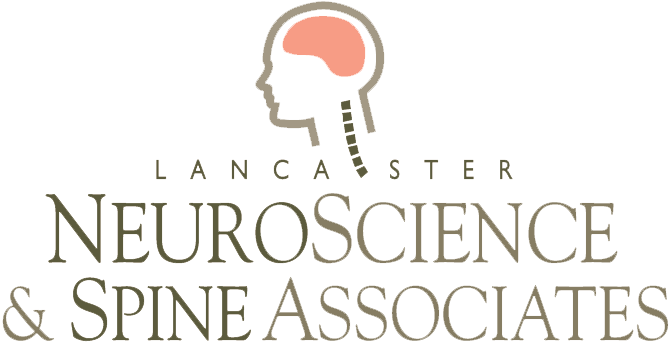Faces of Medicine: Meet Dr. William Monacci
Bill Monacci, M.D. moved to Lancaster in 2005 to begin a new phase in his neurosurgical career. He and his wife Joi are now raising four daughters — Kelsey, Samantha, Tess and Erin — in Manheim Township. Joi is active in the girls’ schools and volunteers at Schreiber Pediatric Center. They all agree that Lancaster is a great place to call home, though it’s quite a bit different from their homes in the first part of the decade.
Until 2005, Dr. Monacci had a pivotal role in the care of soldiers wounded in Iraq. Before joining Lancaster NeuroScience and Spine Associates, Dr. Monacci held the rank of Colonel and served as Neurosurgery Consultant to the Army Surgeon General. He was then Chief of Cranial Base Surgery at Walter Reed Army Medical Center where he was involved with the deployment of doctors to the military hospital in Landstuhl, Germany. He also treated soldiers with critical head injuries from roadside bombs in Iraq.
Dr. Monacci knows firsthand one of the paradoxes of war — that combat provides medical teams with increased knowledge about blast injuries and how bruises to the brain affect the central nervous system. Shrapnel wounds often inflict vascular damage, referred to as pseudo-aneurysms, and the expanded incidence of treating them has advanced medical science.
Lessons learned on the battlefield are never far from his thoughts, and he enjoys the common ground he shares with Pennsylvania veterans who appreciate his experience. He feels very much at home in Lancaster, personally and professionally. “Effective treatment in my view is about restoration of function and quality of life, whether this requires a high technology solution involving surgery or simpler methods of treatment such as therapy,” he said. “We have at our disposal locally the latest in technical innovations to apply to our patients’ problems. The ability to treat serious spinal and cranial problems here in Central Pennsylvania is on par with any major medical center in the country.”
He is gratified to be using his skill and experience performing a broad range of complex brain, spine and peripheral nerve surgeries at area hospitals. The story of one such surgery gives a sense of what a day in the life of a neurosurgeon involves.
Dr. Bill Monacci and Sgt. Neil Gussman share a visit before Neil’s recent return to Iraq.
One patient’s story:
A serious collision, a good outcome and a common bond
Lancastrian Neil Gussman, 56, is a US Army sergeant currently on active duty at Tallil Ali Air Base in Iraq. He is also a category 3 bicycle racer. While on leave here on May 9, 2007, Neil was enjoying his favorite sport, riding in the Turkey Hill Country Classic Road Race in Manor Township.
Here is Neil’s description of his first encounter with Bill Monacci.
“I had touched wheels with another rider going fifty miles an hour and flipped over my bike. I ended up with ten broken bones, including a smashed seventh vertebra, a broken nose, collarbone, and shoulder blade and four broken ribs. I was medivaced to Lancaster General and Dr. Monacci was the trauma surgeon on call. The next day he and his team replaced my 7th vertebra with a bone from a cadaver then bolted it to the vertebra on either side with a titanium plate.I could have been a paraplegic or worse. As it turned out, I was type up and walking in a neck and chest brace five days later and out of the hospital in eight days.
It wasn’t till Dr. Monacci came to see me and follow up on my recovery that I became aware of the happy coincidence, that my surgeon had just come to Lancaster to practice, that he was a colonel in the army, and that he had a lot of recent, relevant experience in Baghdad.” (Readers can visit Neil Gussman’s compelling blog for an inside view of military life in Iraq at http://armynow.blogspot.com).
“It is my honor to continue to take care of patients in Lancaster like Neil so that they can return to service for our nation,” Dr. Monacci responded. “I get a great deal of satisfaction in returning all the patients I treat to work and leisure activities that they had previously enjoyed.”




